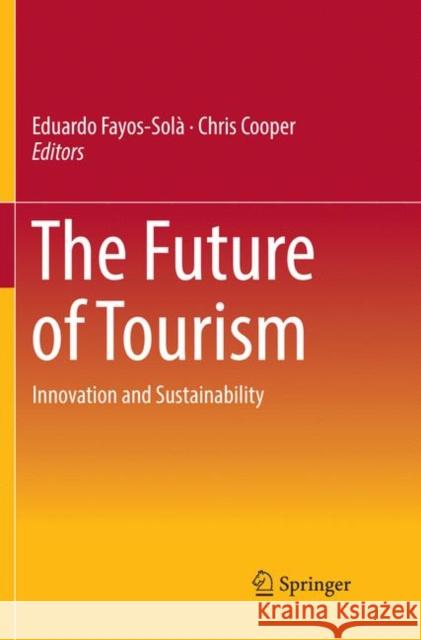The Future of Tourism: Innovation and Sustainability » książka
topmenu
The Future of Tourism: Innovation and Sustainability
ISBN-13: 9783030078997 / Angielski / Miękka / 2018 / 337 str.
Kategorie:
Kategorie BISAC:
Wydawca:
Springer
Język:
Angielski
ISBN-13:
9783030078997
Rok wydania:
2018
Wydanie:
Softcover Repri
Ilość stron:
337
Waga:
0.50 kg
Wymiary:
23.39 x 15.6 x 1.91
Oprawa:
Miękka
Wolumenów:
01
Dodatkowe informacje:
Wydanie ilustrowane











